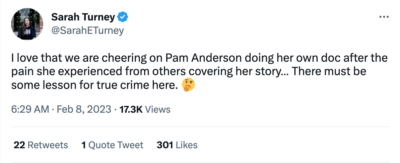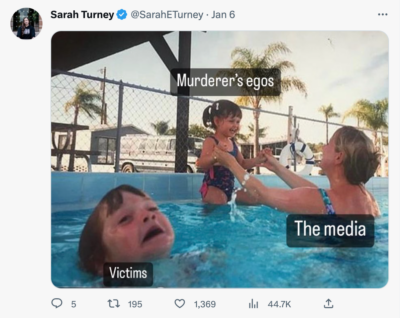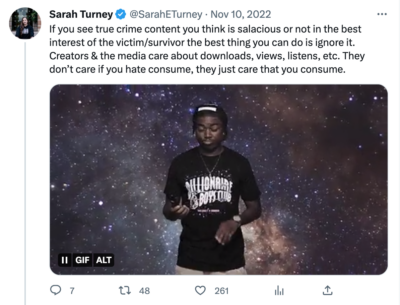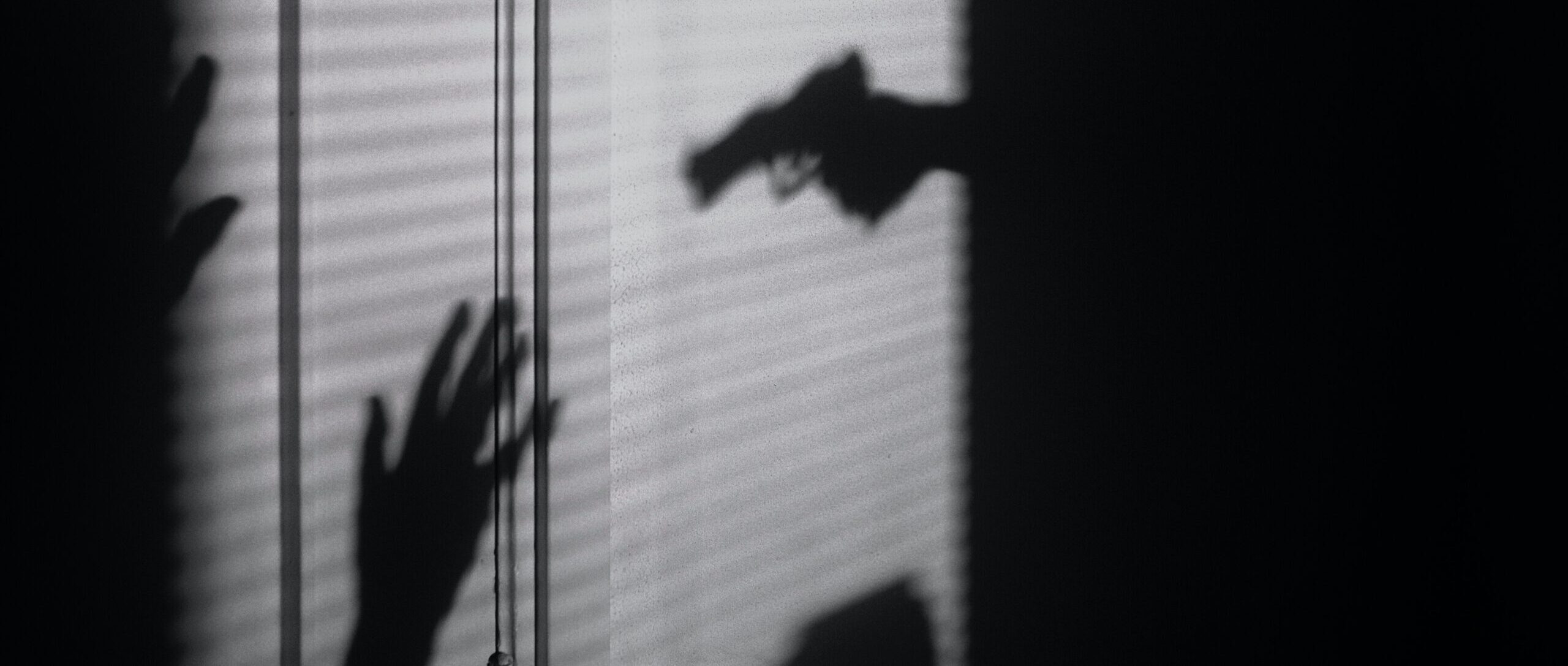Is your true crime obsession ethical?
Over a year ago, in a query laid out like a challenge, reddit user Miss SarahLee questioned the True Crime Podcasts reddit community, posting, “I’m a family member of a victim who talks a lot about ethics in true crime. I know my audience cares. But I am genuinely curious, do you care about how your true crime podcasts are made? How the victims are treated? The strength of the sources? Or are you just looking for mindless entertainment?”
Miss SarahLee (real name Sarah Turney) is in a particularly unique position to pose such a question. The disappearance of her 17-year-old sister Alissa Turney in 2001 started the then 12-year-old on a 20-year campaign via social media (Twitter, Instagram, Facebook, Tik Tok) and eventually her own podcast, Voices for Justice, to bring down the man she believed was responsible – her father.
In a 2020 interview with the Phoenix New Times, Sarah revealed, “I was really encouraged by the true crime community to [start the podcast]. It [was] kind of like my last-ditch effort to get this case to move forward.”
Since her father was charged with her sisters disappearance in 2020, Sarah has turned her attention to current unsolved cases and to spearheading conversations online about responsibility and ethics in the true crime genre.



The True Crime genre really exploded onto the podcast scene in 2014 when Serial made its debut. The This American Life offshoot, covered the 1999 disappearance of 18-year-old Baltimore student Hae Min Lee, and subsequent conviction of Hae’s ex-boyfriend, Adnan Syed. The podcast garnered so much attention, with such compelling new information that Adnan was granted a second trial in 2016, and released in August 2022, as well as breaking records for the most downloads (currently sitting at around 300 million) and as the first podcast to win a prestigious Peabody Award.
Since then, society has been grappling with the ethics behind rabidly consuming, and enjoying, the gruesome and painful stories of missing persons and murder victims from around the world. It’s seemingly an appetite that can’t be abated.
As of 2023, there are 464.7 million podcast listeners globally, with the true crime genre listed as the third most popular genre of podcast in 2020 (behind comedy, and news podcasts).
Elsha McGill is one of the writers behind a wildly popular true crime podcast in Australia. She says that this fascination with the dark side of humanity isn’t new.
“The reality is that it’s not a recent phenomenon. The true crime obsession has been around since the dawn of time – people gathering in town squares to witness public executions, people lining the streets outside of courthouses trying to hear verdicts and come face-to-face with suspects,” says McGill.
“All that has changed is the technology has evolved, and that’s created new platforms through which people can consume it. It isn’t a new fascination.”
Dr Nasya Bahfen, Senior Lecturer, Department of Politics, Media and Philosophy at La Trobe University says that the true crime genre has always been a stalwart of news reporting, but that the podcast platform has attracted amateur sleuths who are not guided by the same ethical code as journalists.

“When journalists put together a podcast, they’re all sticking to those guiding rules their profession theoretically abides by. The problem is you also have true crime enthusiasts creating content, who may not have that journalistic training. They can defy all of the rules of objectivity and fairness and may get too close to the actual topic,” says Dr Bahfen.
“When you have that difference between the sort of environment when you create these types of podcasts, and certain hosts/creators who don’t have that support, that training, that backing, then you get one type of podcast that definitely crosses the lines in terms of the ethics of journalism.”
For Elsha and her fellow team of writers, having the victim and their family front of mind when constructing each episode is paramount.
“At the starting point of writing and as we are forming the story, we take that mentality of ‘how would it feel if a family member of this victim listened to this episode?’ They already know the facts of the case, so you’re not going to present any information that’s going to shock anyone, but it’s about writing everything in that respectful tone that pays tribute to the victim and also details the experience that their loved ones go through,” says McGill.
“It goes back to the question of how you can be a more conscious consumer of true crime. It is that awareness of it being real humans that this happened to and with our podcast, that’s what we really try to focus on by bringing that whole picture. It all starts with the victim.”
Dr Bahfen agrees that true crime reporting should be victim lead, and warns that untrained true crime enthusiasts hell bent on creating the next Serial or Teacher’s Pet could end up doing more damage than good in the long run.
“In the creation of these types of media, there are people who will develop a slight obsession with some of these cases, and will stake out and camp overnight at the homes of the victims. And that certainly is a process of re-traumatization, and it’s terrible. And quite frankly, it’s unconscionable,” says Dr Bahfen.
“You have to balance that public right to know with the rights of the person who’s being re-traumatized in the telling of their story.”
For all the potential pratfalls, by-and-large, when built on an ethical foundation, McGill argues that the true crime genre can have a lasting impact on society.
“Critics of true crime consumption often don’t acknowledge that a lot of good has come out of the genre, and not just necessarily in the way of cases being solved. Even though multiple cases have through this kind of attention – it’s more it has changed the dynamic,” says McGill.
“It has brought so much awareness to things like victim blaming, coercive control, and domestic violence. People now have language around behaviours like gaslighting, ect. True crime stories have really spotlighted a lot of that, which has helped bring about this new level of awareness.”




